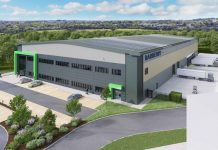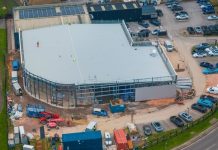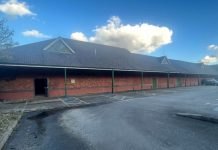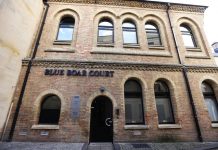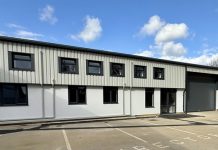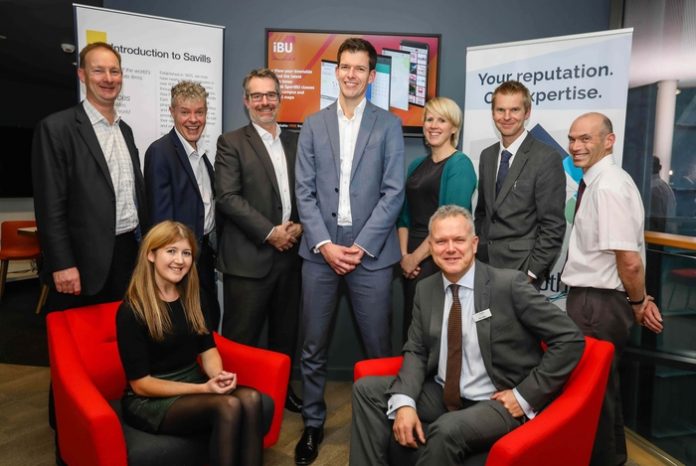
More than 80 people attended the first event of its kind to be hosted by Bournemouth University with a focus on the local region and sustainable development.
The seminar, entitled ‘Responding to climate change – a greener future for Bournemouth, Christchurch and Poole’, brought together public and private sector experts in one place to share best practice.
Developers, urban planners, architects, consultants, council officials, business leaders, utility companies and the NHS were all represented at the event in BU’s Fusion Building.
The event partners were BU, Savills, Deep South Media and Hoare Lea.
BU has placed sustainability at the heart of its BU2025 Strategy and its multi-million pound development programme; Deep South Media is a regional stakeholder engagement specialist which has worked on more than £300m worth of development; Hoare Lea is an engineering consultancy specialising in building services; and Savills is a global property and planning consultancy.
Peter Lamb, a director in Savills’ Wimborne office, said: “The event was the first of its kind to be hosted by BU with a focus on the local region and a great success.
“It was an opportunity to share good practice and explore the different local and national strategies for carbon management and sustainable development.
“The stakeholders present were able to bring valuable insight to the discussions and help further our understanding of what a climate emergency means for Dorset.”
Stuart Laird, BU director of estates, said: “This is a subject which is so clearly very important to all of us.
“BU’s development programme has sustainability at its core and we were pleased to be able to demonstrate significant achievements to date and to outline what our plans are for the future.
“The spirit of collaboration shown at the event was very encouraging, and will be needed to reach the area’s carbon zero goals.”
Ron Wain, managing director of Deep South Media, said: “According to the United Nations (UN) Environment Programme’s latest Global Status Report the buildings sector is responsible for 36% of global energy use and nearly 40% of energy related CO2 emissions.
“It is beholden on everybody involved in the planning process to drive for a zero carbon future in the next 30 years, if not sooner.
“The technology does exist and is improving all the time. It is essential to enable people to adopt these technologies as well as change their behaviours.”
BU hosted the event in its Fusion building, which holds an ‘excellent’ rating under the Building Research Establishment Environmental Assessment Method (BREEAM) scheme for its sustainability. BREEAM is an international scheme that provides independent certification of the sustainability performance of individual buildings.
Mr Laird and Mr Lamb opened the event followed by a presentation by David Lewis of the South West Energy Hub, who spoke about support available for energy projects.
Senior associate Paul Cornwell and associate Jo Drane from consultant engineers Hoare Lea spoke about changing legislation which affects the built environment, building energy strategies and the likely impacts on the demand for electric power.
Neil Short, sustainability manager at Bournemouth, Christchurch & Poole Council, talked about what the authority is doing internally and in the community for a net zero carbon future.
BU sustainability manager Dr Neil Smith set out how the university is embedding sustainability throughout its activities and highlighted some of the major achievements delivered to date, particularly in relation to cutting carbon emissions. He also explained their plans for a low carbon future.
Rob Asquith, who is head of Savills’ planning team in Wimborne, explained the concept of natural capital and how the earth resources can be factored into sustainability initiatives.
There was also a question and answer session followed by a guided tour of BU’s landmark new Poole Gateway building.

